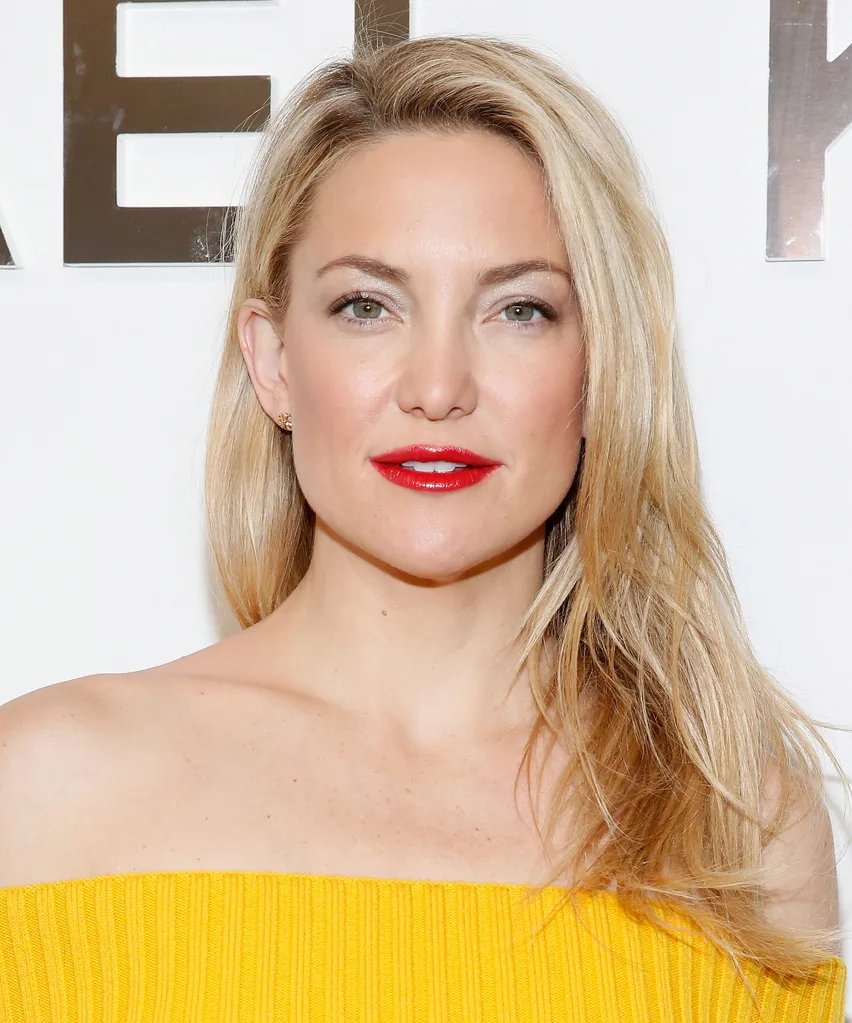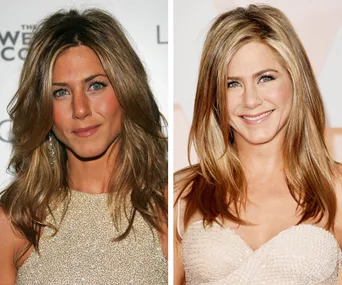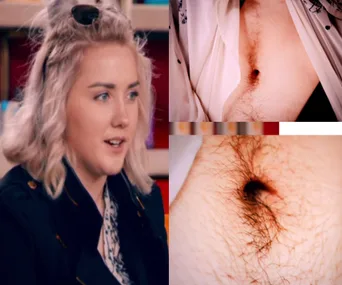With make-up, primer, moisturiser, shampoo, body wash, soap, deodorant, fake tan and more, women are applying an average of 300 different chemicals to the body’s biggest organ, the skin, every single day.
And while some of these products may smell nice, feel smooth or add colour to your cheeks, the effects, for the most part, remain unknown to many.
According to Irene Falcone, founder of all-natural make-up e-tailer Nourished Life, “69 per cent of Australian women have virtually no knowledge about the ingredients that they apply to their face and body every day, meaning that only one third of Australian shoppers actually think about what they’re putting on their skin.”
On top of that, new research carried out by the online make-up destination uncovered that 40 per cent of these women didn’t actually know the possible, and sometimes dangerous, side effects of such a mixture.
Falcone, a self-confessed beauty-product devotee, was once like every other shopper – unaware of the affects her 500-ingredient chemical cocktail was having on her wellbeing.
“Two in every three of my lipsticks contain lead, and that’s just the tip of the iceberg. Products like glosses, mascara and eyeliners can be absorbed directly into your blood stream.”
We sat down with the mother-of-four to find out more.

Actress Blake Lively refrained from touching up her signature blonde locks throughout both of her pregnancies.
What to look out for
Parabens, a preservative used widely in the cosmetics industry, have been known to cause disruptions to the body’s natural hormone balance, says Irene.
“Many fertility specialists now recommend cutting back on external toxins as one of the first things to do when you’re trying to conceive,” Falcone says.
Triclosan is another hidden danger readily available in Australian supermarkets. Found in soaps, deodorants and toothpastes, the antibacterial ingredient has been linked to hormone disruption and antibiotic resistance, and was banned in the United States last September after it failed to be proven as safe.
“We make assumptions as shoppers that everything on the shelf is completely safe. We assume that what we read on labels is true, and unfortunately, that’s just not how it works,” Falcone explains.
Phthalates, a common ingredient found in perfumes, hair sprays and antiperspirants, carry perhaps the biggest dangers. In the past few years alone, researchers have found links to asthma, breast cancer, ADHD, obesity, type II diabetes, autism spectrum disorders, altered reproductive development and male fertility issues.

Kate Hudson is a dedicated fan of the all-natural Egyptian Magic All Purpose Cream. “I slather Egyptian Magic all over my face on overnight flights to keep my skin hydrated,” the actress says.
The shocking new research also discovered 30 per cent of women would change their skincare and makeup regime if they were aware of such a dangerous chemical concoction. So if you, like us, now feel the need to take a more natural approach, Falcone has a few top tips on where to start:
Do your research and start reading labels. Look out for things like parabens, petroleum and mineral oils (a bi-product in petrol making). If you see any of these ingredients, put the bottle back on the shelf.
Keep an eye out for a certification, like certified organic or certified natural. This indicates that a product has already gone through testing and is safe to use.
Every time you finish something – before you go out and replace that exact one – have a think about whether you’d be better off trying a natural alternative.
“It may seem daunting to replace your whole beauty repertoire, but there are so many toxin-free alternatives available now that use things like jojoba oil, aloe vera, botanical extracts, fruit oils and shea and cocoa butter.”
WATCH” Irene Falcone shares her journey in the video player below!



